Use this CD calculator to estimate how much your certificate of deposit will be worth when it reaches maturity.
Certificate of Deposit Calculator
Calculate your CD earnings based on term, rate, and compounding frequency.
Related calculators
- High Yield Savings Account Calculator.
- High Yield Savings Account Calculator Monthly
- ETF Calculator
- Compound Interest Calculator
- Monthly Compound Interest Calculator
- APY Calculator
What Is a CD?
A certificate of deposit, commonly called a CD, is a savings product offered by banks and credit unions that pays interest over a fixed period of time. When you open a CD, you agree to leave your money untouched for a specific term, such as six months, one year, or five years. In return, the bank pays you interest at a set rate.
Unlike regular savings accounts, CDs do not allow frequent withdrawals. This structure allows banks to offer higher interest rates compared to standard savings accounts.
CDs are considered low risk because deposits are typically insured up to $250,000, making them a popular choice for savers who want predictable returns without market exposure. However, accessing your funds before the CD matures usually triggers an early withdrawal penalty, which is why CDs work best for money you don’t need right away.
What Is a CD Calculator?
A CD calculator is a financial tool that estimates how much your certificate of deposit will be worth when it reaches maturity. Instead of manually calculating compound interest, the calculator instantly shows your expected interest earned and final balance based on your inputs.
By adjusting the deposit amount, CD term, APY, and compounding frequency, you can see how different scenarios affect your savings. This makes it easier to compare CD offers from different banks and decide which option fits your goals.
How Does a Certificate of Deposit Work?
A CD works by paying interest on your deposit for the entire length of the term. The interest rate, shown as APY, stays fixed from the day you open the CD until it matures. Interest is added to your balance on a set schedule, known as the compounding frequency.
This can be daily, monthly, quarterly, or annually. The more often interest compounds, the faster your balance grows. Once the CD reaches maturity, you can withdraw your original deposit plus all interest earned, or roll it into a new CD. Withdrawing money early usually results in penalties that reduce your earnings. Because of this, CDs are best suited for planned savings, not emergency funds.
CD Calculator Formula Explained
This CD calculator uses the compound interest formula to calculate your maturity value:
A = P × (1 + r / n)^(n × t)
In this formula, P represents your initial deposit, r is the annual interest rate as a decimal, n is the number of compounding periods per year, and t is the length of the CD in years. The result, A, is your total balance at maturity.
Interest earned is calculated by subtracting the initial deposit from the final balance. This formula allows the calculator to accurately reflect how interest builds over time, especially when compounding occurs frequently. By using this formula automatically, the calculator shows precise results without requiring manual math.
Key Terms Used in This CD Calculator
The Deposit Amount is the money you place into the CD at the start. The CD Term refers to how long your funds stay locked in, measured in months or years. APY, or annual percentage yield, shows how much interest you earn in a year, including compounding.
Compound Frequency determines how often interest is added to your balance. Interest Earned represents the total profit generated during the term. Maturity Value is the final balance you receive when the CD ends. Knowing these terms helps you use the calculator correctly and understand how each input affects your results.
How to Use This CD Calculator
To use this CD calculator, start by entering your deposit amount. Next, choose your CD term and select whether it’s measured in months or years. Adjust the APY slider to match the rate offered by your bank.
Then choose how often interest compounds. The calculator instantly updates to show your interest earned and maturity value. You can also view a balance growth chart that visually tracks how your savings increase over time. The download option lets you export results as a CSV file for future reference. This makes it easier to compare different CDs and plan your savings strategy with confidence.
Why a CD Calculator Is Helpful
A CD calculator helps you make smarter savings decisions by showing how small changes can impact your final balance. A higher APY, longer term, or more frequent compounding can significantly increase your returns. Instead of guessing, you can see exact numbers before committing your money.
This is especially helpful when deciding between short-term and long-term CDs or comparing offers from multiple banks.
